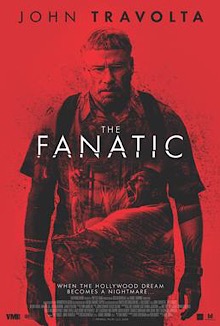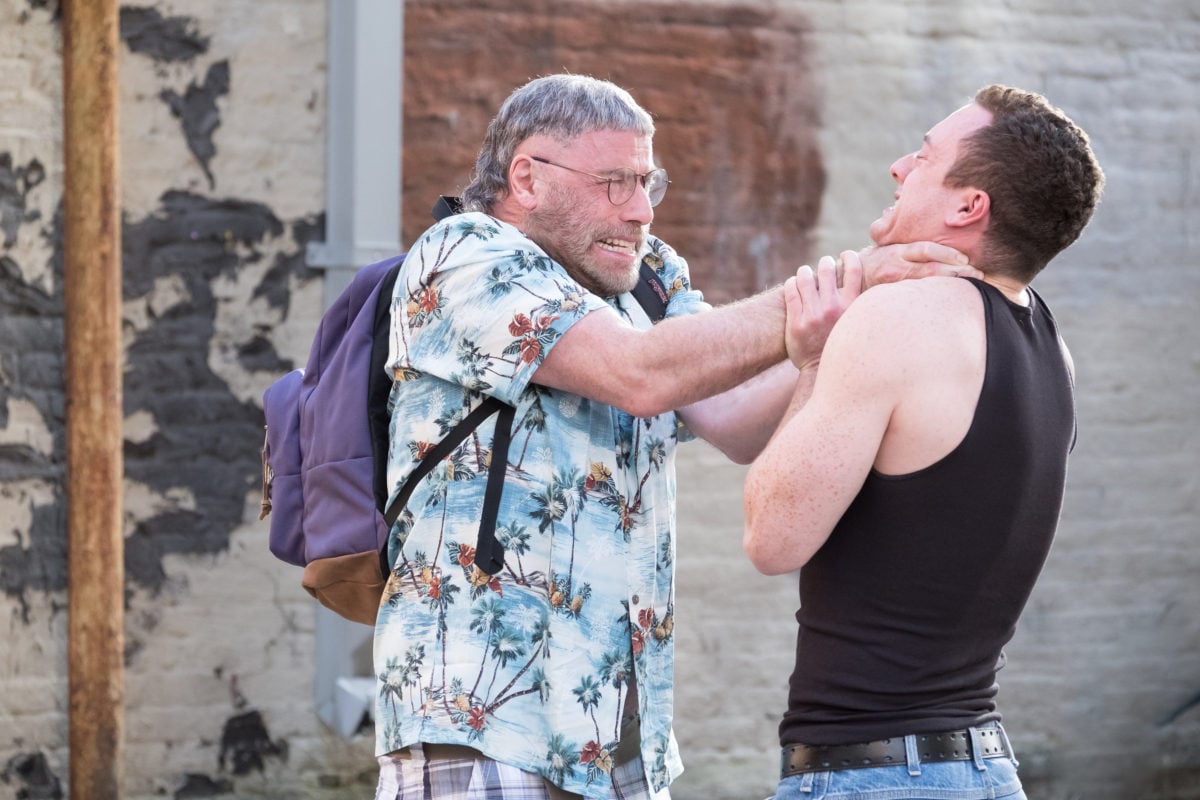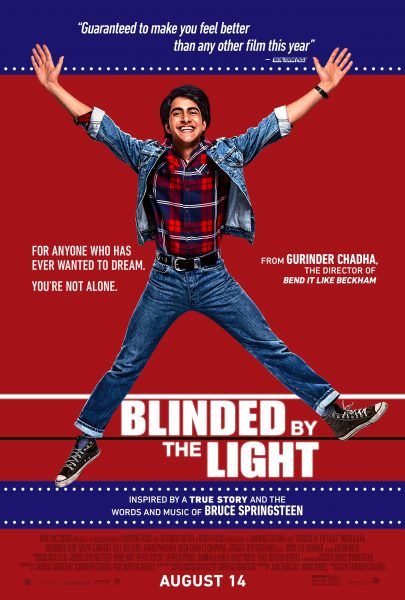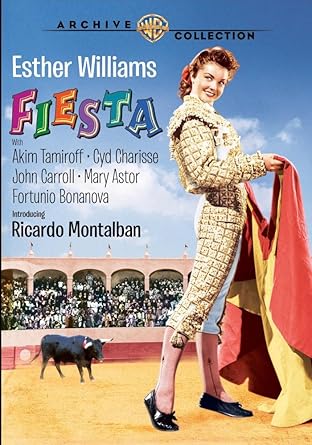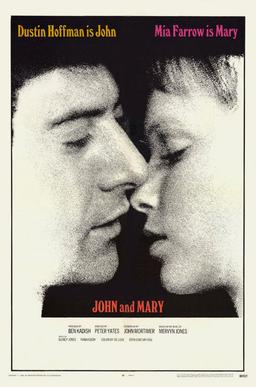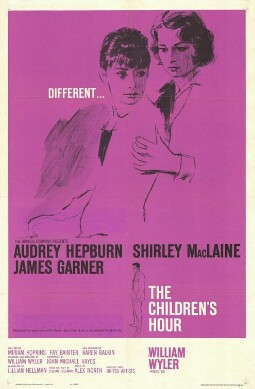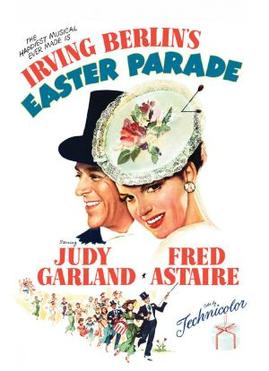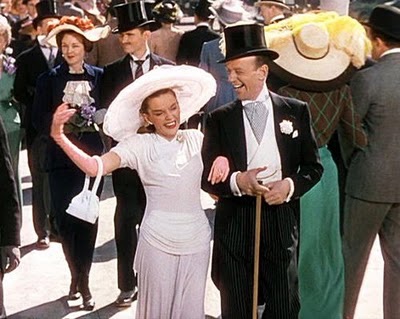THE FANATIC
The Fanatic goes beyond inept clichés and generally illogical storytelling. The Fanatic may be the worst film in human history. I've said this about only two movies: The Green Hornet and The Hangover Part II. Now I use it for The Fanatic.
This is the biggest pile of shit I have ever seen.
Horror/action movie fan Moose (John Travolta) is a massive fan of action star Hunter Dunbar (Devon Sawa). He's seen all his movies, even the bad ones. He's even managed to get a jacket Dunbar wore in one of them at a discount! Moose crashes a Hollywood party in hopes of meeting Dunbar and even getting an autograph thanks to Leah (Ana Golja), a paparazzi with a soft spot for Moose.
Many people have a soft spot for Moose, catering to this man-child's very eccentric fixations. However, just as he is finally about to meet Dunbar at a book signing Dunbar's personal life gets in the way and he doesn't sign Moose's book and jacket (odd because as I understood it, Moose had been told earlier Dunbar would sign only books).
Moose, who makes a living dressing up as a British policeman on Sunset Boulevard, insists he's not a stalker. For a non-stalker, Moose does do certain stalker-like things such as download an app to find Dunbar's home, hassle him while he's with his son, break into his house at least twice, brush his teeth with Dunbar's toothbrush, hide under his son's bed when Dunbar and his son are there, and kiss a sleeping Dunbar on the forehead (and take a selfie of him doing so).
Oh, did I mention that at the second break-in Moose, albeit accidentally, kill Dunbar's maid Dora (Marta Gonzalez Rodin)?
Moose cannot comprehend why Dunbar would not be receptive to let alone threaten his number one fan, and his sense of disillusionment is so great he breaks into Dunbar's house again, where Dunbar wakes up to find himself tied up with this certifiably insane man reenacting movie serial killers in front of him. Dunbar manages to talk Moose into untying him, wherein Dunbar fights back. However, in the end Moose manages to leave with only the loss of his fingers and an eye, while Dunbar is arrested for murdering Dora, who apparently was left dead in the yard for a couple of days without anyone noticing.
 The Fanatic was co-written, co-produced and directed by Limp Bizkit frontman Fred Durst, so perhaps that may color people's views on the film's quality (it should be noted that in the film, Dunbar is a Limp Bizkit fan). As I am unfamiliar with his work outside the ubiquitous Nookie, I go into this with a pretty blank slate. I would say that with this film Durst is not making a case for an American Film Institute Lifetime Achievement award, but given how oddball they've been of late I wouldn't put it past them to try.
The Fanatic was co-written, co-produced and directed by Limp Bizkit frontman Fred Durst, so perhaps that may color people's views on the film's quality (it should be noted that in the film, Dunbar is a Limp Bizkit fan). As I am unfamiliar with his work outside the ubiquitous Nookie, I go into this with a pretty blank slate. I would say that with this film Durst is not making a case for an American Film Institute Lifetime Achievement award, but given how oddball they've been of late I wouldn't put it past them to try.As a film, The Fanatic is a hateful piece of trash, revolting, nasty, having nothing to say on a very serious topic. I may walk back that last statement, as The Fanatic may be making a case that somehow Moose is at the very least a victim rather than a villain. Perhaps Durst was saying that Moose was so childlike in his worldview that as he sees an unresponsive Dora lying there he would genuinely think she was still alive and think the blood was the result of a nosebleed.
Durst really pushes this effort to sympathize with Moose by having a flashback to him as a child watching Night of the Living Dead while his trampy mother was entertaining a gentleman caller. However, Moose's behavior and general demeanor suggests a man who is in turns mentally disabled and genuinely homicidal.
As he pushes back against the taunts of his frenemy, street magician/thief Todd (Jacob Grodnik), Moose starts strangling him and shouts the following in his childlike voice, "I wish Freddy Kruger would come and chop off your head and it would roll in the street and a truck would squish it and the blood would splatter everywhere and everyone would watch it!"
This suggests a grown man who is in many ways still a child, but a child with homicidal tendencies. Even more outlandish is that the Security Guard (Jeff Chase) who witnesses this tells the very disturbed Moose that he's actually proud of him for what he just saw!
Over and over again people who genuinely should know better and who would find Moose as insufferable as the viewer treat him as some kind of lost innocent. Leah, ostensibly the most sane person in Moose's universe, berates him for posting his selfie of him kissing Dunbar 'on social media' (which I figure is Facebook, Twitter, Instagram or a combination). She points out, correctly, that this has slipped into criminal behavior, but at the end in voiceover she says Moose took his injuries as a badge of honor.
As a side note, as Dunbar was asleep while Moose gave him a little kiss on the forehead, I should point out that Moose did not get Dunbar's consent, making this 'problematic'. Moreover, whether Moose's fandom slipped into erotic desire is open to interpretation.
If Moose did indeed post a picture of himself kissing a star's forehead for the world to see, why does it not attract any actual attention? Moreover, why doesn't Leah actually report Moose to the police? He's clearly a threat to Dunbar, but she seems to brush it off as "Moose Being Moose". The film's opening voiceover tells us "Moose is unbreakable". No, Moose is nuts, divorced from reality and a danger to himself and others. He may also be mentally challenged, but one is not connected to the other unless The Fanatic wants to go that route.
Even more outlandishly, Dunbar of all people has no sense. Having managed to fool this incredibly dumb and dangerous man into untying him, all he does is shoot off Moose's fingers and stab his eye, then bandages his hand and lets him go! At this point, any person would have shot Moose straight in his head and called the police, but then no one appears to have any sense in The Fanatic.
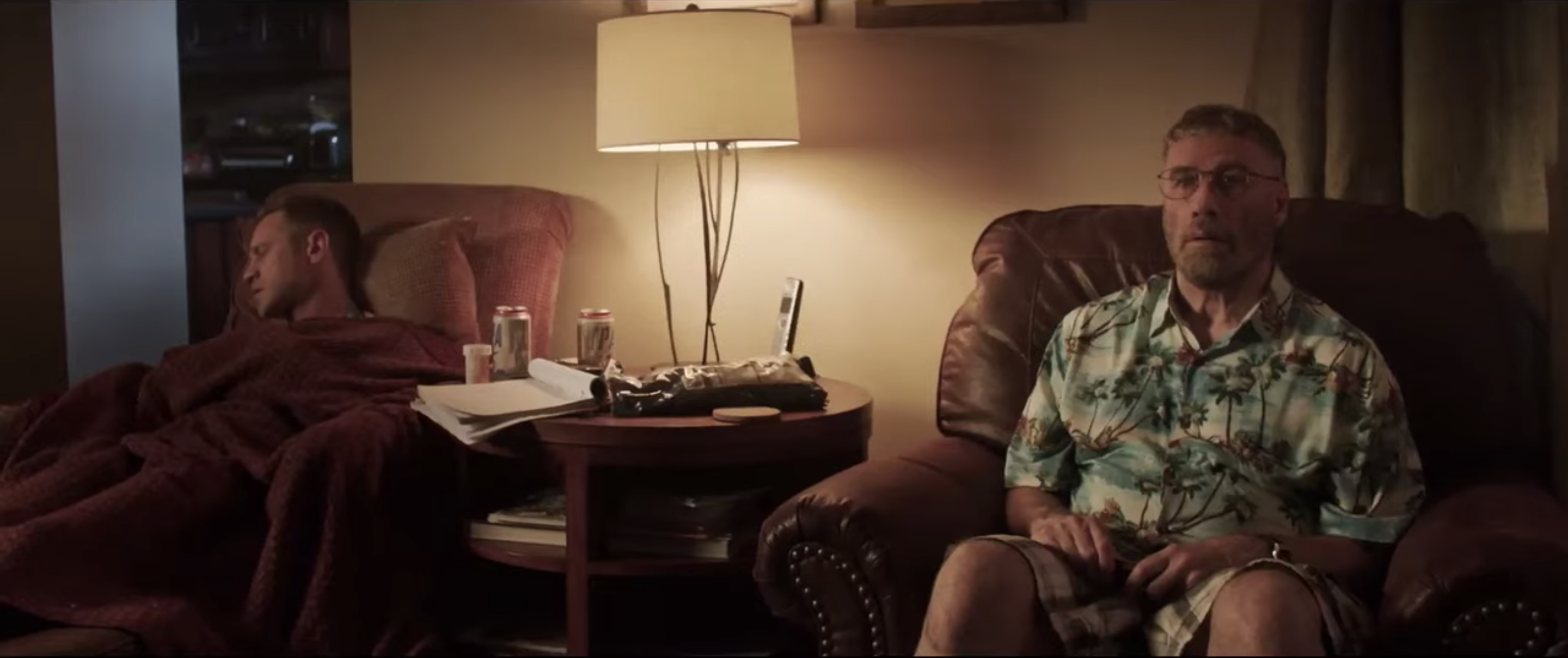 John Travolta has suffered enough in his life and career to have The Fanatic on his résumé. He may actually have outdone his performance in Battlefield Earth to find something more grotesque. Travolta plays Moose as a mental child (his idea of a threat is to block Leah on 'social media') and a complete nutjob. Moose is so obviously socially inept to completely bonkers one wonders why he is allowed to roam freely. Durst and Travolta never bothered to give Moose any subtlety.
John Travolta has suffered enough in his life and career to have The Fanatic on his résumé. He may actually have outdone his performance in Battlefield Earth to find something more grotesque. Travolta plays Moose as a mental child (his idea of a threat is to block Leah on 'social media') and a complete nutjob. Moose is so obviously socially inept to completely bonkers one wonders why he is allowed to roam freely. Durst and Travolta never bothered to give Moose any subtlety.I don't know Devon Sawa outside his Tiger Beat covers, and for some reason I keep pronouncing his name as "Dewon Sawa". To his credit Sawa is probably the best thing in The Fanatic and it seems surprising he hasn't had a bigger career. Granted, in those scenes of his 'movies' there's a falseness that makes one wonder how Hunter Dunbar became a star, but when confronting his stalker or doing his best to be a good father Sawa does quite well. I would have preferred seeing a movie about Hunter Dunbar attempting to balance his professional and personal life over what we got.
The film also does have surprisingly good cinematography and quite a solid score.
The Fanatic is like watching a feature-length film of Eminem's Stan, down to where at one point we see Moose writing a Stan-like letter with everything but Dido singing in the background. At the very beginning I asked myself if Moose's real name was Stan. Why it does what it does I can't begin to imagine. The Fanatic is just an ugly, ugly film, one that I deeply regret sitting through.
The online screener kept losing the picture, which I should have taken as a sign; contrary to what Moose kept shouting (even at the end), he most definitely was a stalker.
DECISION: F-
